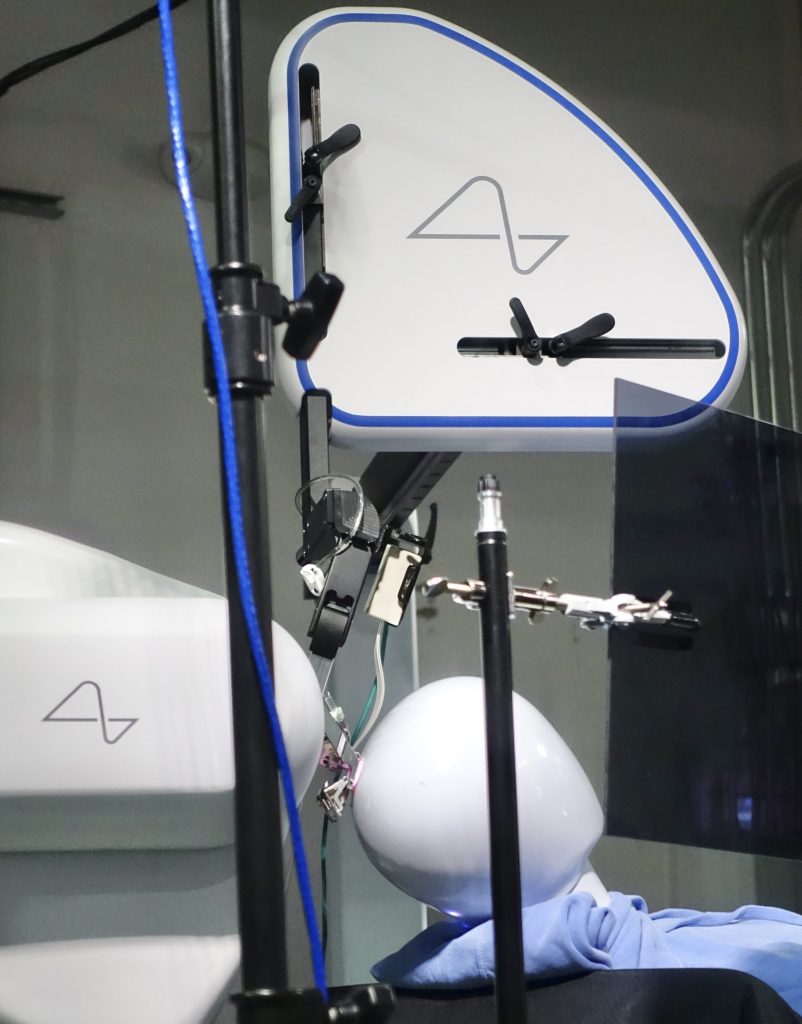As college students, we’re constantly talking about the future. We debate where technology will take us, what career paths will emerge, and how society will evolve. One topic that’s becoming more and more relevant is human augmentation, where technology and biology merge to enhance human experience. As we continue to push the boundaries of science and technology, it’s terrifying to think about what the future of human enhancement could look like in our lifetime.
The possibilities are vast. One of the biggest advancements we’re already seeing is in genetic engineering. Tools such as CRISPR, scientists are now able to make precise changes to our DNA. In the future, this could mean eliminating genetic diseases before they even have a chance to form or even designing our children to have certain traits, like better athletic ability or heightened intelligence. It’s fascinating, but also kind of scary to think about the ethical questions it raises. Should we have the power to alter our genetics? Will this lead to a new form of inequality, where only the rich can afford genetic enhancements?
On top of genetics, we’re seeing a boom in bionic technology. Prosthetics today are already more advanced than ever before, giving people the ability to run, jump, and move in ways that were previously impossible for those with disabilities. In the future, we could all potentially have access to augmented limbs or brain implants that enhance physical strength, mental abilities, or even sensory perception. Companies like Neuralink are already working on brain-computer interfaces, aiming to allow people to control devices with just their thoughts. It’s mind-blowing, right?
As cool as these possibilities sound, there are some things I’d be hesitant about. I’m all for improvements that help us live better lives—think better healthcare or tools that help people recover from serious injuries. The idea of completely altering human consciousness or merging with machines is a bit too much for me. Where do we draw the line? At what point are we still human, and when do we become something else entirely?
I think we need to be careful with the direction we take when it comes to augmentation. The potential is limitless, but it’s important that we balance progress with ethics. We shouldn’t forget what makes us human in our pursuit of pushing the boundaries of technology.
If you’re curious about how these technologies are evolving, check out sites like https://neuralink.com/ or read more about CRISPR on Harvard’s website. What do you think? Will you embrace human augmentation, or do you think we should draw a line somewhere?

“Neuralink Demo Detail” by jurvetson is licensed under CC BY 2.0.
Published by